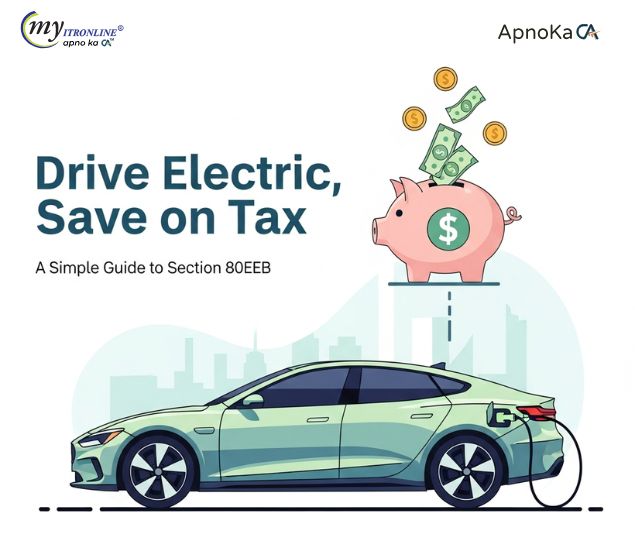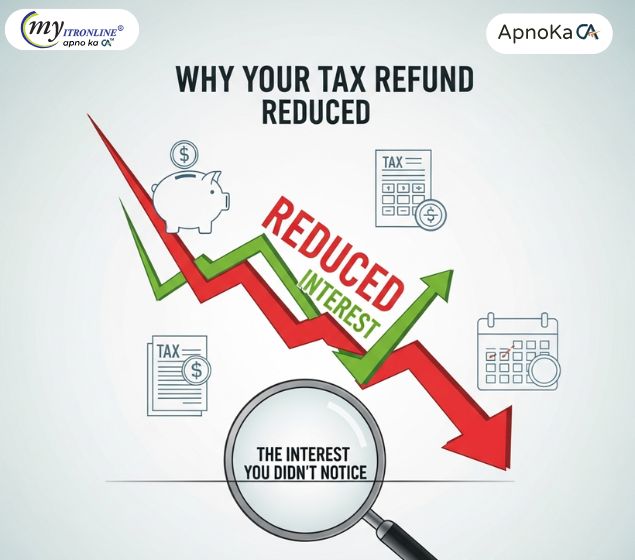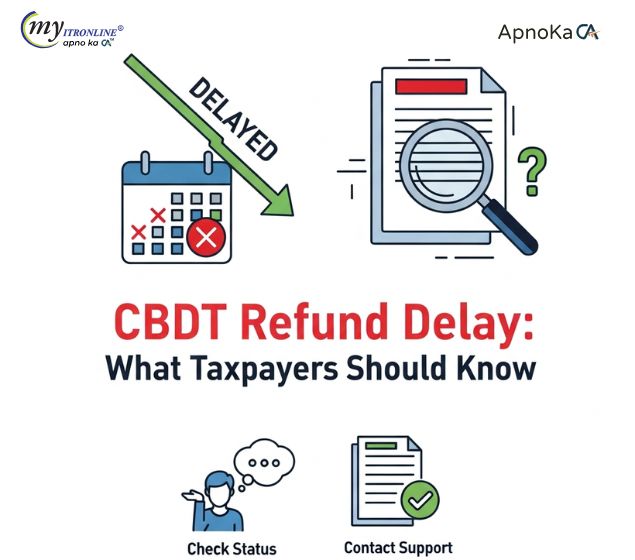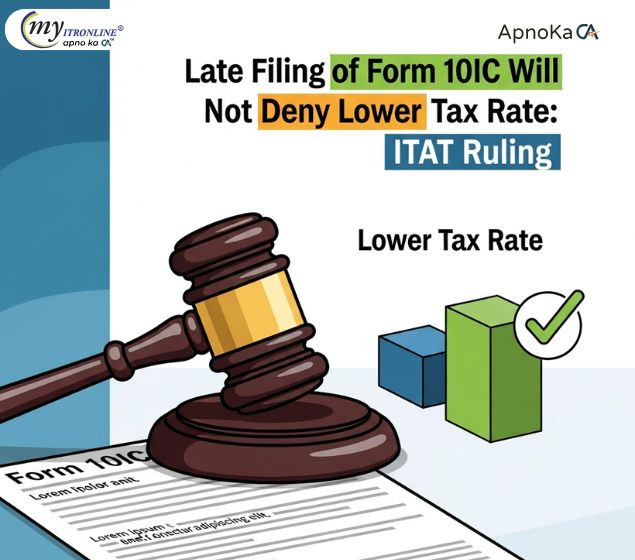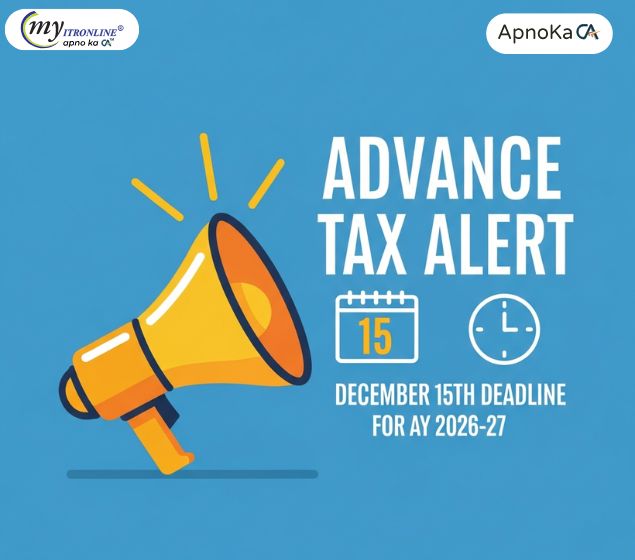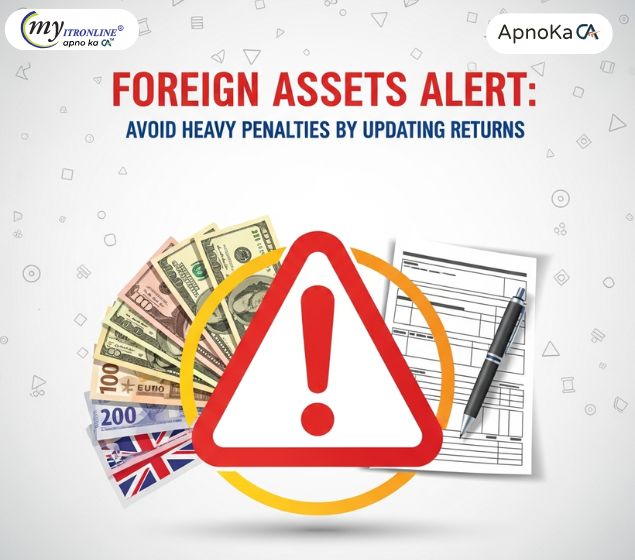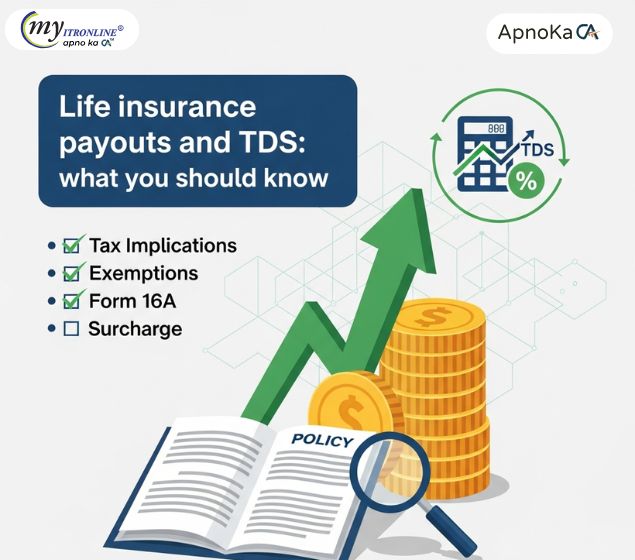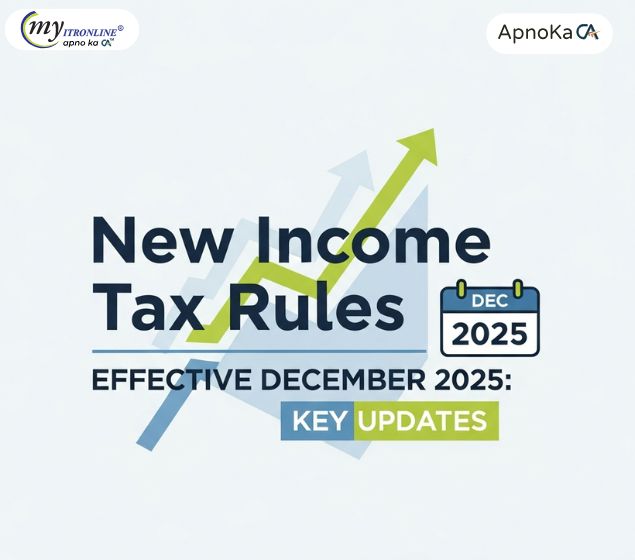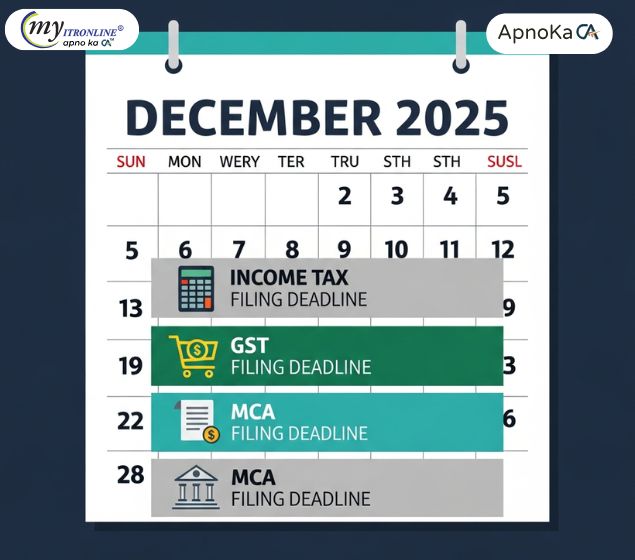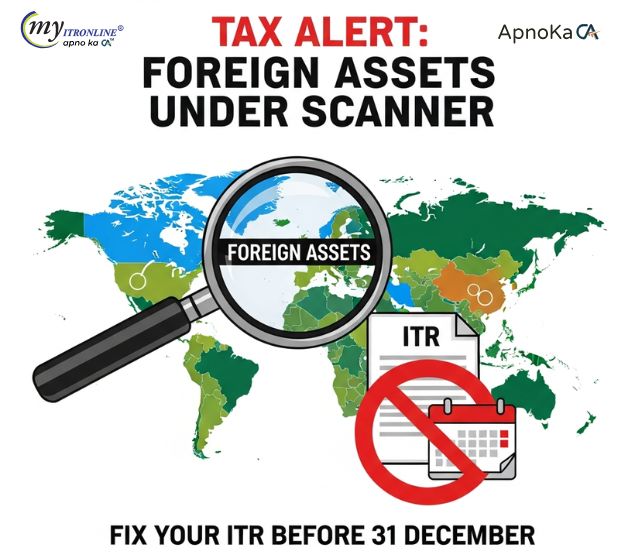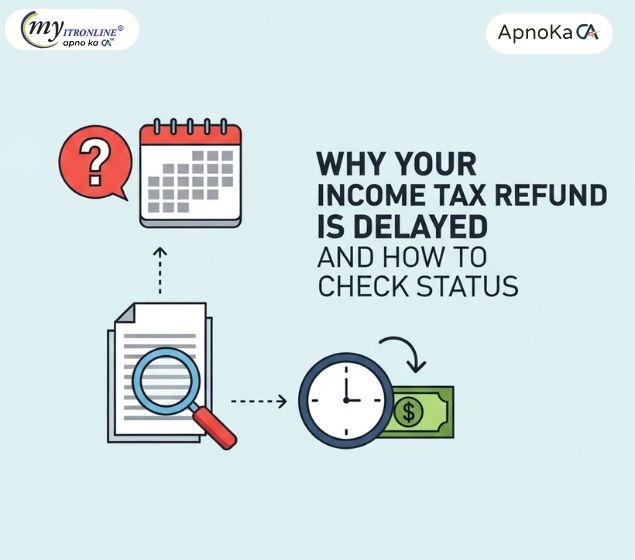Smart Tax Planning: Capital Gains Exemptions and How to Make the Most of Them
This blog explains the key exemptions available under India’s capital gains tax laws for FY 2025-26, including the latest updates from Budget 2025. It covers who can claim each exemption, how to utilize the Capital Gain Account Scheme, and the correct process for claiming exemptions in your income tax return.
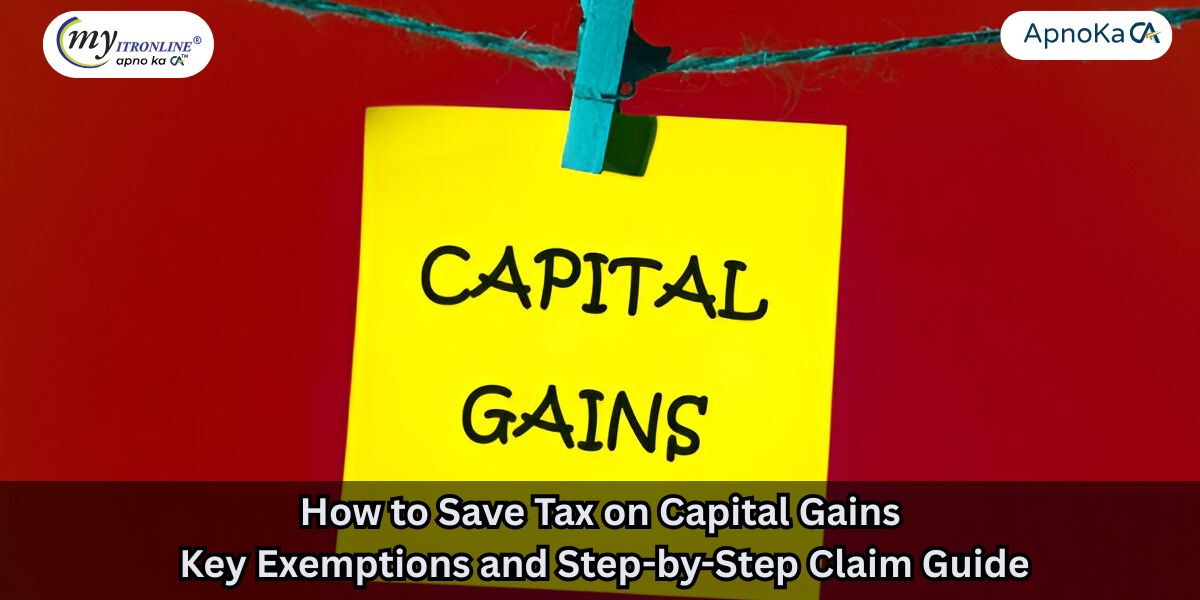
Understanding Capital Gains Tax: Important Exemptions and How to Utilize Them
Capital gains tax is an essential aspect for anyone disposing of assets like property, shares, or bonds in India. Nevertheless, the Income Tax Act provides multiple exemptions that can lead to substantial tax savings if you plan your transactions and reinvestments effectively. This guide outlines the key capital gains exemptions applicable for FY 2025-26 (AY 2026-27), the latest regulations, and actionable steps for claiming them.
What Is Capital Gains Tax?
Capital gains tax is applied to the profits gained from the sale of a capital asset. The tax rate and the available exemptions are determined by:
- The asset type (property, shares, bonds, etc.)
- The holding duration (short-term or long-term)
- The total gain and the manner of reinvestment.
zRecent Updates for FY 2025-26
- LTCG Exemption Limit Increased: The exemption limit for long-term capital gains (LTCG) on listed equity shares and equity mutual funds has been raised from ₹1 lakh to ₹1.25 lakh. Gains exceeding this limit are taxed at 12.5% without indexation.[1][2][7]
- Simplified ITR Filing: Taxpayers with LTCG up to ₹1.25 lakh can now use the simpler ITR-1 or ITR-4 forms, provided they have no carried forward losses.[1][2][4]
- Section 54/54F Exemption Cap: The maximum exemption under Sections 54 and 54F is now capped at ₹10 crore, even if you invest more.[1]
Key Exemptions on Capital Gains
1. Section 54: Disposition of Residential Property
- Eligible Claimants: Individuals and Hindu Undivided Families (HUFs).
- Exemptions Offered: LTCG from the sale of a residential property can be claimed if reinvested in another residential property in India within 1 year before or 2 years after the sale (or within 3 years if constructing).
- Exemption Limit: The lesser of the capital gain or the new property investment, capped at ₹10 crore.
- Important Note: You can invest in two houses if the gain is up to ₹2 crore, but this option can only be utilized once in a lifetime.
2. Section 54F: Sale of Any Long-Term Asset (Excluding Residential House)
- Eligibility to Claim: Individuals and Hindu Undivided Families (HUFs).
- Exemption Details: Long Term Capital Gains (LTCG) from the sale of any asset (except for a residential property), provided the net sale proceeds are invested in a residential property.
- Exemption Cap: Proportional exemption based on the amount invested, limited to ₹10 crore.
3. Section 54EC: Sale of Real Estate
- Eligibility to Claim: Any taxpayer.
- Exemption Details: LTCG from selling land or building, if the proceeds are reinvested in designated bonds (such as NHAI, REC) within 6 months.
- Exemption Cap: Up to ₹50 lakh per financial year.
4. Section 54B: Sale of Agricultural Land
- Eligibility to Claim: Individuals and HUFs.
- Exemption Details: Capital gains from selling agricultural land if reinvested in new agricultural land within 2 years.
- Exemption Cap: The lower of capital gains or the cost of the new land.
5. Section 54GB: Sale of Residential Property to Invest in Startups
- Eligibility to Claim: Individuals and HUFs.
- Exemption Details: LTCG from the sale of a residential property if the proceeds are invested in equity shares of an eligible startup.
- Exemption Cap: Amount invested in shares; subject to specific use and holding conditions.
6. Capital Gain Account Scheme (CGAS)
If you are unable to reinvest the gains before the deadline for filing your Income Tax Return (ITR), you should deposit the unused amount in a Capital Gains Account Scheme (CGAS) at a public sector bank. These funds must be utilized for the intended investment within the required time frame to maintain the exemption.
How to Claim Capital Gains Exemptions
- Investment Planning: Determine the appropriate exemption section based on the sold asset and your reinvestment objectives.
- Reinvestment Within Allowed Timeframes: Ensure to invest the capital gains (or sale proceeds, as applicable) within the specified timeframe (generally ranging from 6 months to 3 years).
- Deposit in CGAS (If Necessary): If it is not possible to reinvest before the ITR filing deadline, place the amount in a CGAS account.
- Documentation Maintenance: Keep all relevant sale deeds, proofs of investment, CGAS deposit receipts, and other related documents organized.
- ITR Reporting: When filing your income tax return, accurately declare the capital gain and claim the exemption under the corresponding section. Ensure to use the correct ITR form in accordance with the updated regulations for Assessment Year 2025-26.[1][2][4]
Practical Example
Imagine you sell a residential property and realize a LTCG of ₹35 lakh. If you purchase a new house for ₹20 lakh within the designated timeframe, your exemption under Section 54 would be ₹20 lakh, leaving the remaining ₹15 lakh taxable.
Summary Table: Major Capital Gains Exemptions
| Section | Asset Sold | Investment Required | Max Exemption | Who Can Claim |
|---|---|---|---|---|
| 54 | Residential property | New residential property | ₹10 crore | Individual/HUF |
| 54F | Any long-term asset | New residential property | ₹10 crore | Individual/HUF |
| 54EC | Land/Building | NHAI/REC Bonds (6 months) | ₹50 lakh/year | Any taxpayer |
| 54B | Agricultural land | New agricultural land | Capital gain amount | Individual/HUF |
| 54GB | Residential property | Shares in eligible startup | Amount invested | Individual/HUF |
Conclusion
Exemptions on capital gains can greatly lessen your tax burden if you invest strategically and plan accordingly. Keep informed about the current limits and requirements, organize your documentation efficiently, and select the appropriate ITR form to claim your exemptions without hassle for FY 2025-26. If you're uncertain, seek advice from a tax professional to maximize your tax efficiency.
FILING YOUR INCOME TAX RETURN F.Y 2024-25 (A.Y. 2025-2026) WITH MYITRONLINE
The income tax filing deadline is right around the corner. If you haven’t filed yet, do it today with Myitronline! Avoid last minute rush and file your tax return today on MYITRONLINE in Just 5 mins.(www.myitronline.com)
If you are looking for eCA assistance to file your income tax return/ GST, you can opt for MYITRONLINE eCA assisted plan starting
Upload Salary Individual Form-16
If you have any questions with filing your tax return, please reply to this mail. info@myitronline.com OR call 9971055886,8130309886.
Note-All the aforementioned information in the article is taken from authentic resources and has been published after moderation. Any change in the information other than fact must be believed as a human error. For queries mail us at marketing@myitronline.com
Krishna Gopal Varshney
An editor at apnokacaKrishna Gopal Varshney, Founder & CEO of Myitronline Global Services Private Limited at Delhi. A dedicated and tireless Expert Service Provider for the clients seeking tax filing assistance and all other essential requirements associated with Business/Professional establishment. Connect to us and let us give the Best Support to make you a Success. Visit our website for latest Business News and IT Updates.
Leave a reply
Your email address will not be published. Required fields are marked *Share this article
Krishna Gopal Varshney, Founder & CEO of Myitronline Global Services Private Limited at Delhi. A dedicated and tireless Expert Service Provider for the clients seeking tax filing assistance and all other essential requirements associated with Business/Professional establishment. Connect to us and let us give the Best Support to make you a Success. Visit our website for latest Business News and IT Updates.
View articles








